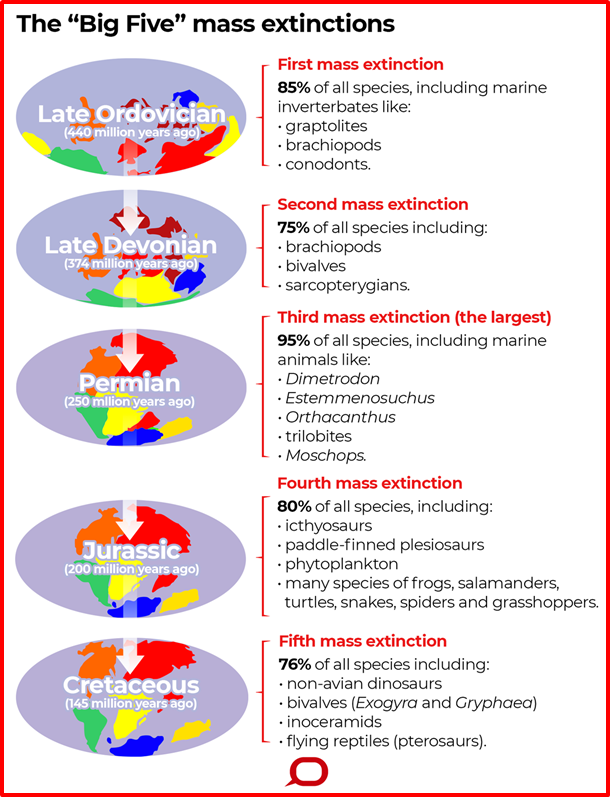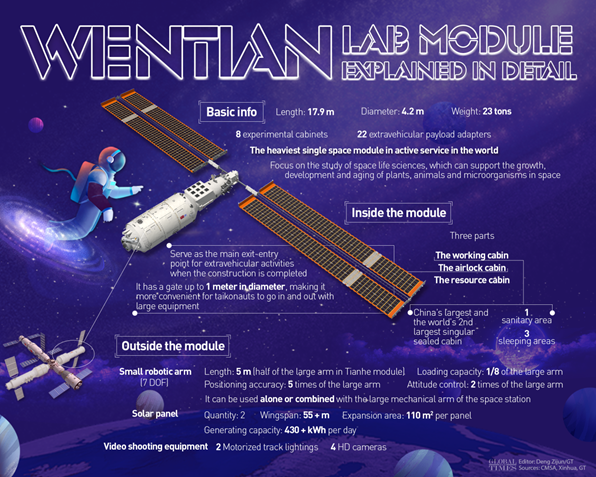

26th July 2022 (6 Topics)
Context
Scientists warn an imminent mass annihilation of marine species similar to one 250 million years ago that wiped out most lives in oceans.
About
The study to know what triggered the Permian extinction:
- The planet’s biggest mass extinction of species had wiped out most newly evolved lives in the oceans.
- The Permian era, a period spanning 9 million-252.2 million years ago, was a time before the dinosaurs ruled the planet.
- Global ocean temperatures were 10 degrees higher than today. Oxygen levels were 80 per cent lower.
- During this period, land masses collided to form the supercontinent Pangaea. The supercontinent was arid; only a few parts received rainfall round the year.
- However, the large Panthalassic Ocean, which covered much of Earth, was home to many sponge and coral species, ammonites (tiny shelled organisms), brachiopods (invertebrate animals closely related to starfish) and fusulinid foraminifera (single-celled organisms closely associated with modern amoebas). Reptiles began to flourish. Sharks and bony fishes also thrived.
- Towards the end of the era, a series of volcanic eruptions occurred in central Siberia, injecting massive amounts of greenhouse gases (GHG) into the atmosphere. Then, as now, the uncontrolled GHG emissions triggered climatic changes.
- The change in climate after the volcanic eruptions was a death knell for the flourishing and diverse life forms.
- Many long-lived lineages vanished. Roughly 96 per cent of marine species and 70 per cent of land species went extinct. Thus, scientists refer to this period as the ‘Great Dying’.

How is the study relevant for present?
- Earth is undergoing a similar phase of warming: The studies predict a 2-10 degree C warming lead to many species getting extinct while other species may migrate from the tropics into polar waters.
- It is predicted to increase by 5 degrees Celsius by 2100 if the world takes the high GHGs emission trajectory.
- Ocean importance: Oceans are the planet’s largest ecosystem accounting for 95 per cent of all spaces available for life and hosting 90 per cent of the planet’s total species.
- Ocean accommodating more heat: Deep oceans are warming up. Ocean heat content is the energy accumulated by the ocean. The atmosphere has a low heat capacity compared to the ocean water, which can accommodate 1000 times more heat. So, most of the heat from GHG is moving into the ocean.
- Ocean heat content reached a record high in 2021.


More Articles


